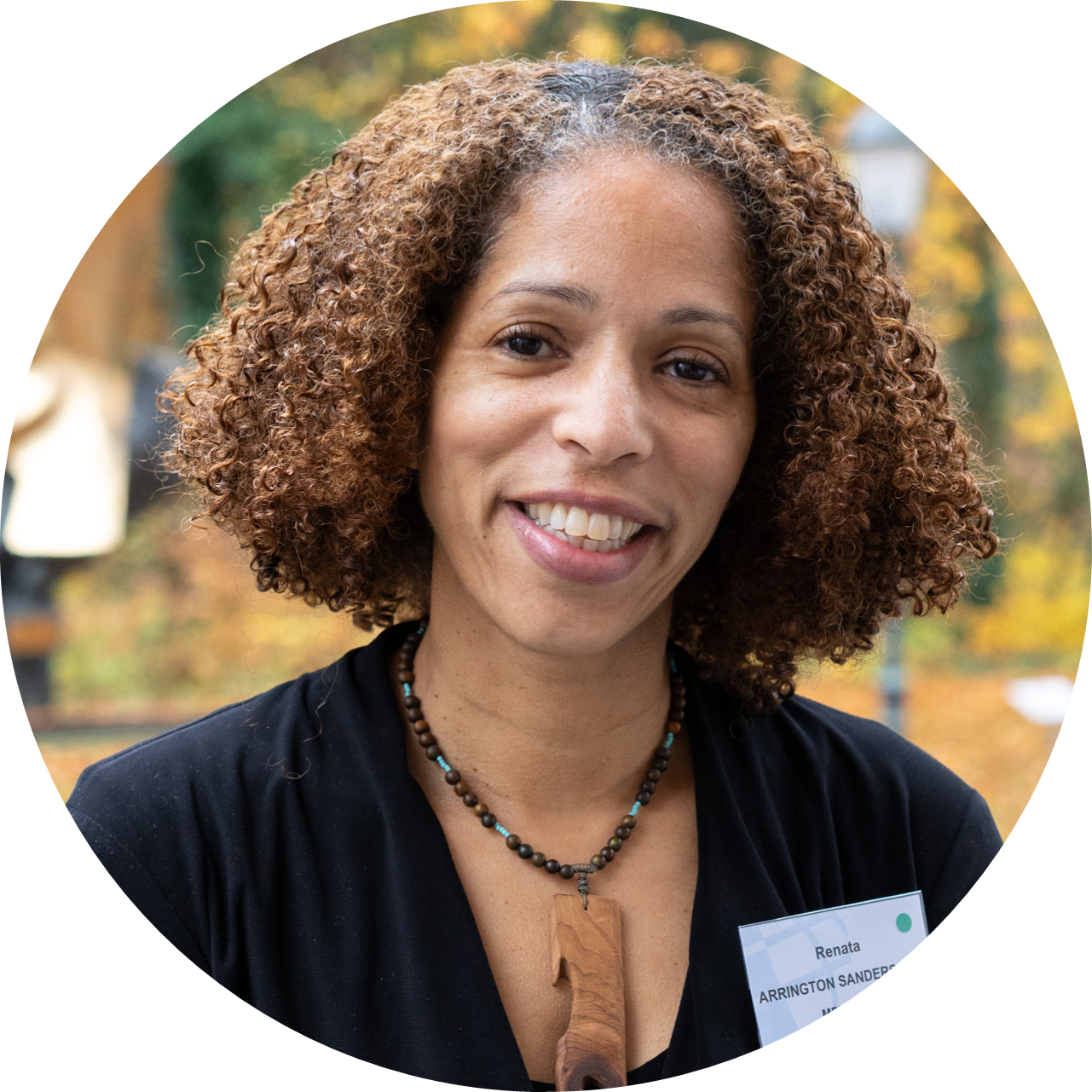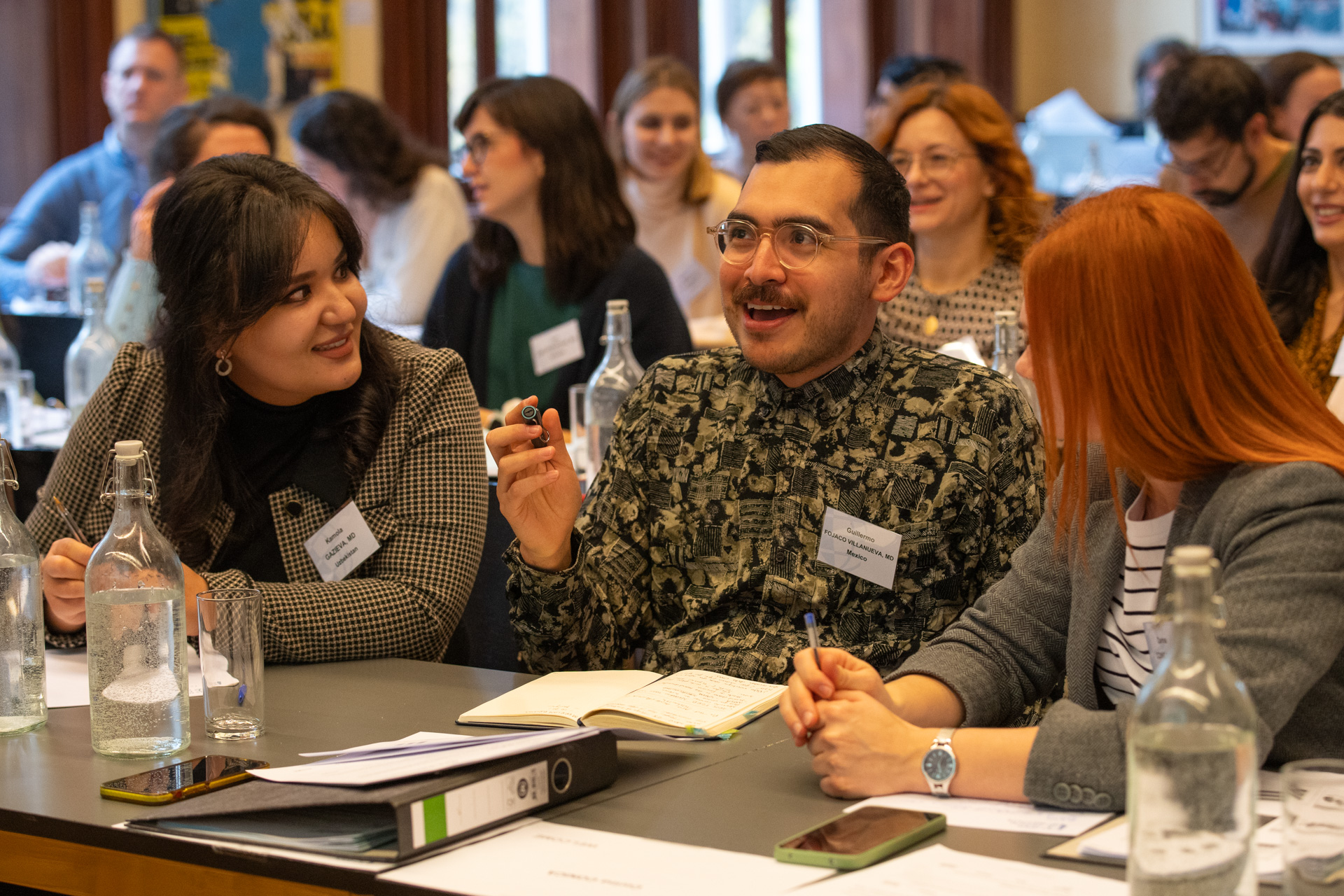- 29 fellows
- 21 countries
- 2 sessions for fellows’ case presenations
The fourth Salzburg CHOP seminar in Adolescent Medicine, which was hosted at Schloss Arenberg from November 19 to 25, 2023, educated 29 fellows from 21 countries, featuring 20 lectures that focused on important topics such as Adolescent Physical, Emotional, and Sexual Development, Adolescent Substance Use, HIV: Prevention, Diagnosis, and Treatment, Menstrual Disorders, Well-Adolescent Preventive Check-Ups, Medical Cases Mistaken for Mental Illness, and more.
Dr. Carol A. Ford, Professor of Pediatrics in the Division of Adolescent Medicine at the Children’s Hospital of Philadelphia, served as the course director for the week. Her faculty included CHOP physicians Dr. Merrian Brooks, Dr. Sarah Green, Dr. Renata Arrington Sanders, the new Chief of Adolescent Medicine at CHOP, as well as Dr. Valentina Baltag, a former OMI fellow, from Switzerland and Dr. Katrin Skala from Austria.

Renata Arrington Sanders, MD, MPH, ScM
OMI Faculty
“I served as faculty for the Adolescent Medicine course to share my expertise around optimizing the global care of adolescents and young people. However, I left the seminar innovated, excited, and motivated by 29 physicians from around the world who were as excited and passionate about learning to care for adolescents and young people as I am. The group included a range of different specialists, but every fellow was focused on improving the needs of young people. We learned from one another, discussed challenging cases, and made connections. We realized that we cannot and will not do it alone and were energized by a collective group of likeminded physicians committed to ensuring that healthcare for one-quarter of the world’s population is optimized!”
Among the fellows, we spoke about our countries and gained a deep appreciation that each has its own strengths and weaknesses. A common theme was that adolescent health is almost nonexistent in each of our countries. It appears there are not enough adolescent health specialists in the world for the number of youth that exist.
We had the opportunity to talk with four adolescents, who not only shared their personal experiences, but also offered the most inspiring insights. Their genuine input added a valuable perspective to our conversation, leaving a lasting positive impact.
According to Dr. Baltag, 2,400 adolescents die each day. Listening to her talk about systems for providing adolescent healthcare caused me to think about strategies that we can implement in Mexico to improve our adolescent health system as well as our preventive checkups, as we must be an agent of change to identify the priorities of this group and turn them into a plan of action.











